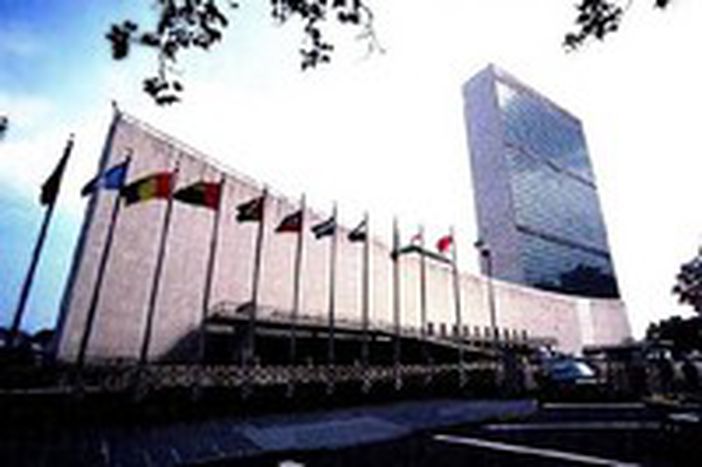
The new Human Rights Council is inaugurated
Published on
Translation by:
 luke kroll
luke kroll
Today, June 19, the new Human Rights Council replaces the discredited Commission for Human Rights in Geneva. Its first steps will set it on the road to success or failure
Much ink has been spilt regarding its advantages and disadvantages and whether or not it will succeed in surpassing the shortcomings of the new defunct UN Commission for Human Rights, established in 1946. Created on March 15, 2006, with only the US, Israel, Palau and the Marshall Islands voting against it, the negotiations in New York that led to its creation were frenetic, and on more than one occasion, it was predicted that the Council would be declared dead on arrival.
The first elections to the Council, held on May 9, were compelling evidence of the steps forward that the UN made by implementing this reform: the majority of new members are countries that respect human rights; the elections were hard-fought (64 candidates for 47 seats); all the candidates agreed to promote and respect human rights and lastly, notable violators of human rights and public liberties who had stood for election, such as Iran and Venezuela, were excluded.
Glass half-full or half-empty?
Of course, the glass has to be seen half-empty as well. Countries such as Russia, China, Cuba, Pakistan and Saudi Arabia have “slipped” into the new body, after using diplomacy and their strategic weight to win the minimum 96 votes. Furthermore, there is no doubt that negotiations substantially downsized Kofi Annan’s original project, put forward in December 2004. He proposed a body with less member states that would be chosen by 2/3 of the General Assembly, making it more difficult for human rights transgressors to gain access.
Even so, we cannot underestimate what has been achieved by the skilful Swedish negotiator, Jan Eliasson. As the President of the UN General Assembly, he was able to push the Council forward in the face of opposition from the US representative, John Bolton, who did not make his job easy at all. We now have a body that is more complete and ready to take on the threats and abuses that human rights are still facing in the 21st century, as stated by leading figures such as Jimmy Carter, Desmond Tutu or the former UN High Commissioner for Human Rights, Mary Robinson. Fewer members (47 instead of 53), more sessions, increased room for NGOs and the possibility of suspending members are only some of the features that make this organisation more solid than its predecessor ever was.
A glass to be filled
The former Commission for Human Rights was responsible for the 1948 Declaration and was a driving force behind condemning the abuse against human dignity committed throughout the decades that followed its creation. It became gradually discredited because of the arrival of new members, such as Sudan, Vietnam, Togo, Sierra Leone, Libya and Mugabe’s Zimbabwe. The UN’s own members must shoulder the burden of responsibility here, as they agreed to, and increased the Commission’s politicisation. These same members are now responsible for turning the new Council into the promoter and defender of human rights that it has the potential to be. If democracies vote en bloc in future, they will be able to eject countries that violate human rights from the council for good.
Translated from Inaugurado el nuevo Consejo de Derechos Humanos


